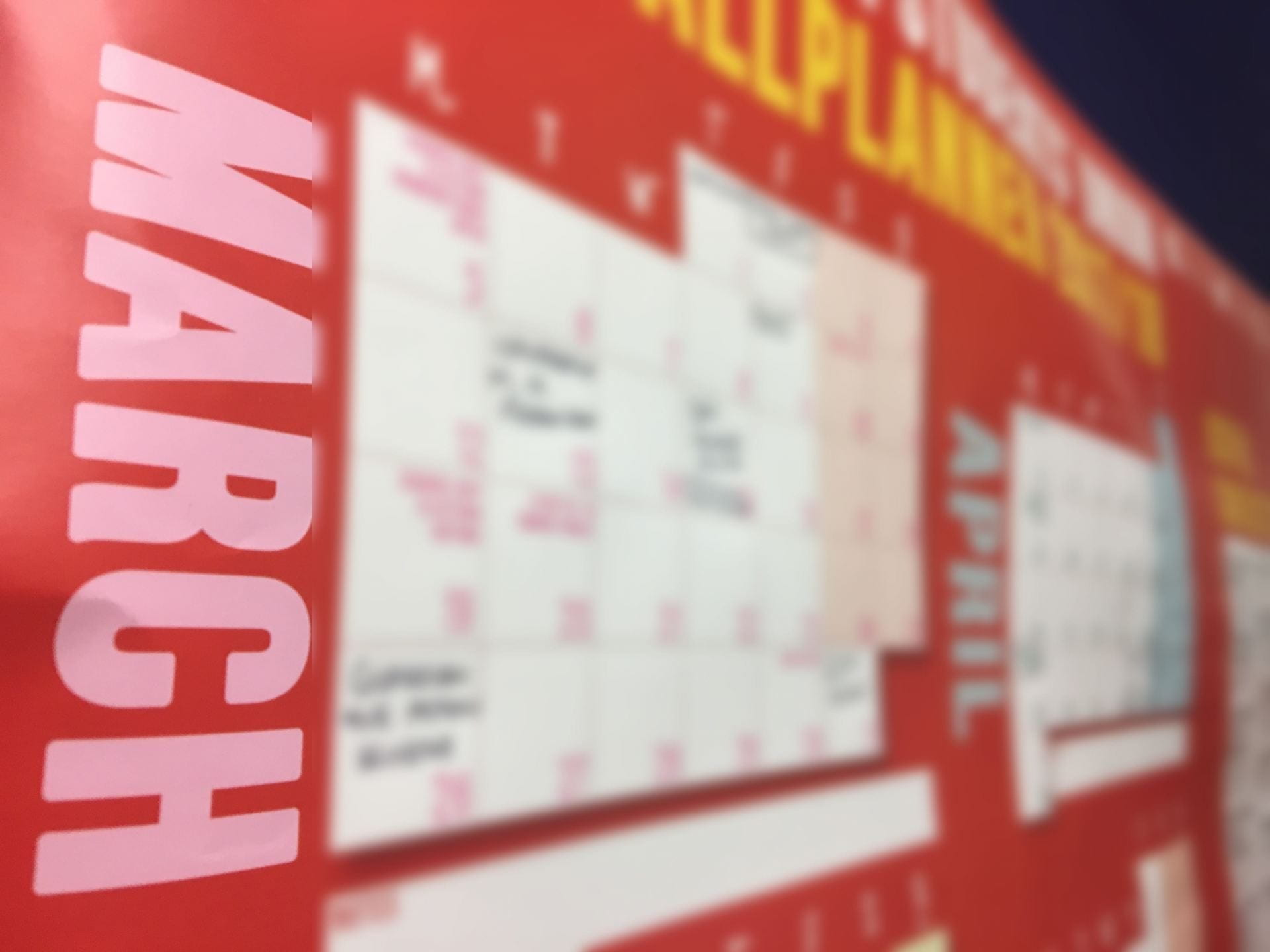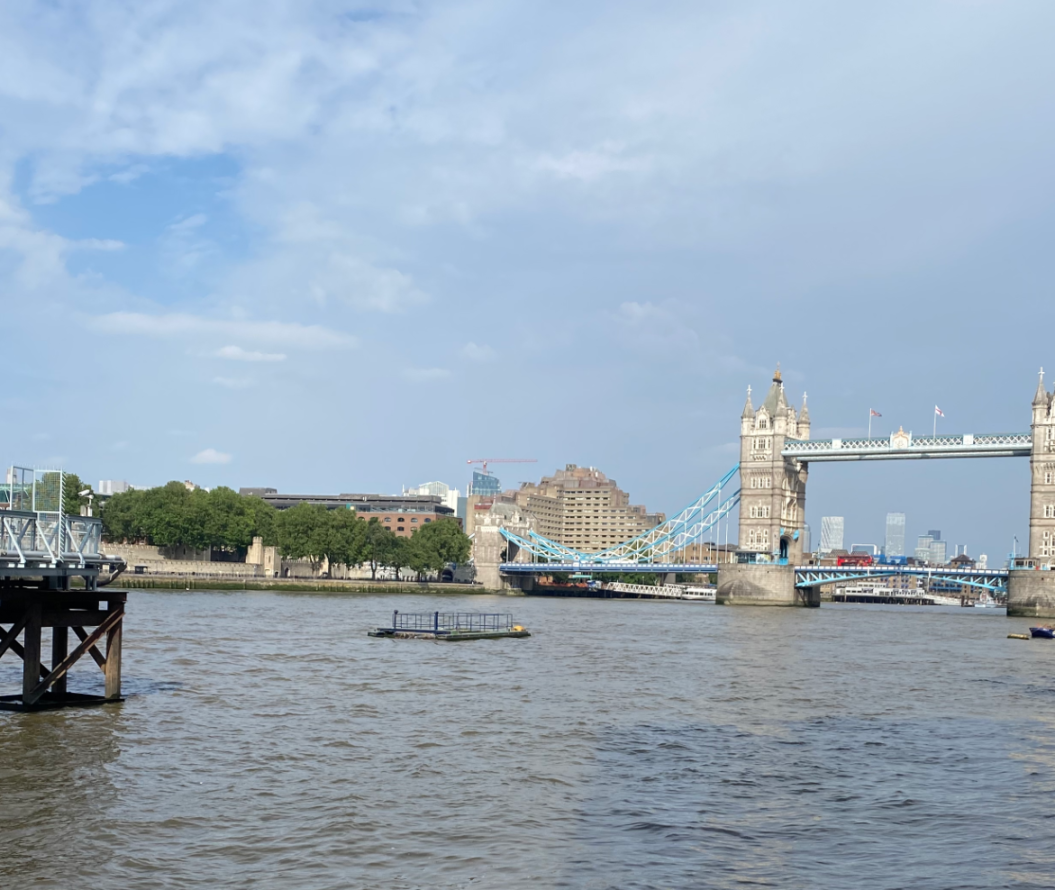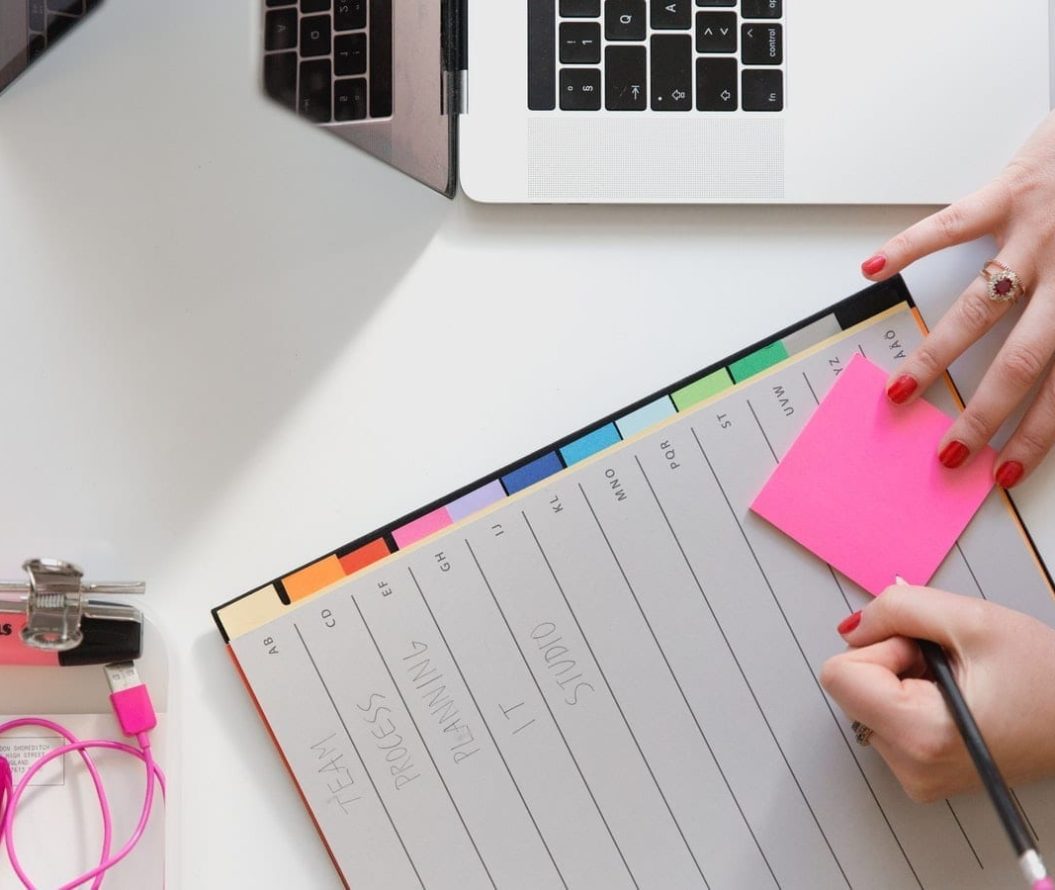
How organised should you be at university?
It was earlier on in my third and final year at university that everything started to get a bit too much in terms of my workload. As much as I love a good to-do list, calendar or filing system for all my jobs and assignments, there have been times where I’ve looked at the long list of tasks and felt lost. What shall I start work on first?
To say that this is an experience exclusive to just me would be silly – every student has had to juggle around commitments and university work in order to make things run smoothly in their everyday lives. Other people talking about time management as a student have often mentioned the need for a break (I agree), but there’s a difficult balance to be struck.
Whilst back-to-back, 24-hour library sessions might be a bit too strict and extreme, on the other end, spending most of the week partying or socialising with friends is lovely, but chances are, there are more important matters to attend to.
So, how do you balance work and play at university? Whilst there may not be one specific answer to such a question, I like to think that my undergraduate experience so far has helped me come up with some good ways of managing my time… Hopefully.
First of all, breaks are important. Now, before you question what I just said about socialising, what’s key is that it is in moderation. Over the years, as the workload increases, I’ve had a few more days with less teaching, but for all three years, I’ve had the weekend free as downtime to take a more laid-back approach to work and other commitments. I present my radio show, and perhaps meet a friend or two. There’s no harm done with one or two days a week being dedicated to relaxation and a bit of TLC, as it were.
Even better, if work is becoming tiring or difficult, you can blend socialising and work together and go on a library break with a friend. What’s great about that is that it allows you to chat with them about the latest viral video (provided this is on the first two floors only, of course), whilst also being in an environment which encourages you to get some studying done. What a perfect combination!
Secondly, prioritise. As I mentioned previously, whilst it’s good to have a to-do list to organise what you need to get done and what plans you have, there needs to be some further organisation so that you know what it is exactly you should be doing each day. I have a handy notepad which allows me to list out my plans for today and tomorrow, which allows for a nice balance between focusing on the right now and that mindset of meh, I can do this later. After all, procrastination isn’t helpful.
Lastly, use a time management system which works for you. For me, my methods have remained the same for many years now. My iPhone and SU wall calendars are my lifelines for knowing what on earth I’m supposed to be doing everyday, and it allows you to jot down both academic and leisure commitments. For example, if there’s a big block of free time before you’re going out to see friends in the evening, maybe use that as a treat to yourself/to look forward to once you’ve written 1,000 words for an essay?
Elsewhere, I also make it my aim to clear my email inbox, so I’m always either replying to people, flagging messages when I’m waiting for a response, or moving them into folders or deleting them once a conversation has finished. The little red flags are also pretty fun to look at, too.
So, whether it’s using social events as incentives to get work done, or as a much-needed break at the end of a stressful week, balancing work and play is far from easy. What is important is that how you’re working everyday is positively impacting your wellbeing. Too much studying and the workload can take its toll, but by the same token, a far too relaxed approach to work can also bring on feelings of stress and anxiety.
Basically, it’s a balancing act, and whilst I’ll never be good at juggling, I’ve found these tips have helped me, and hopefully, they’ll help you too.
This article is featured on Learning at Lincoln.



